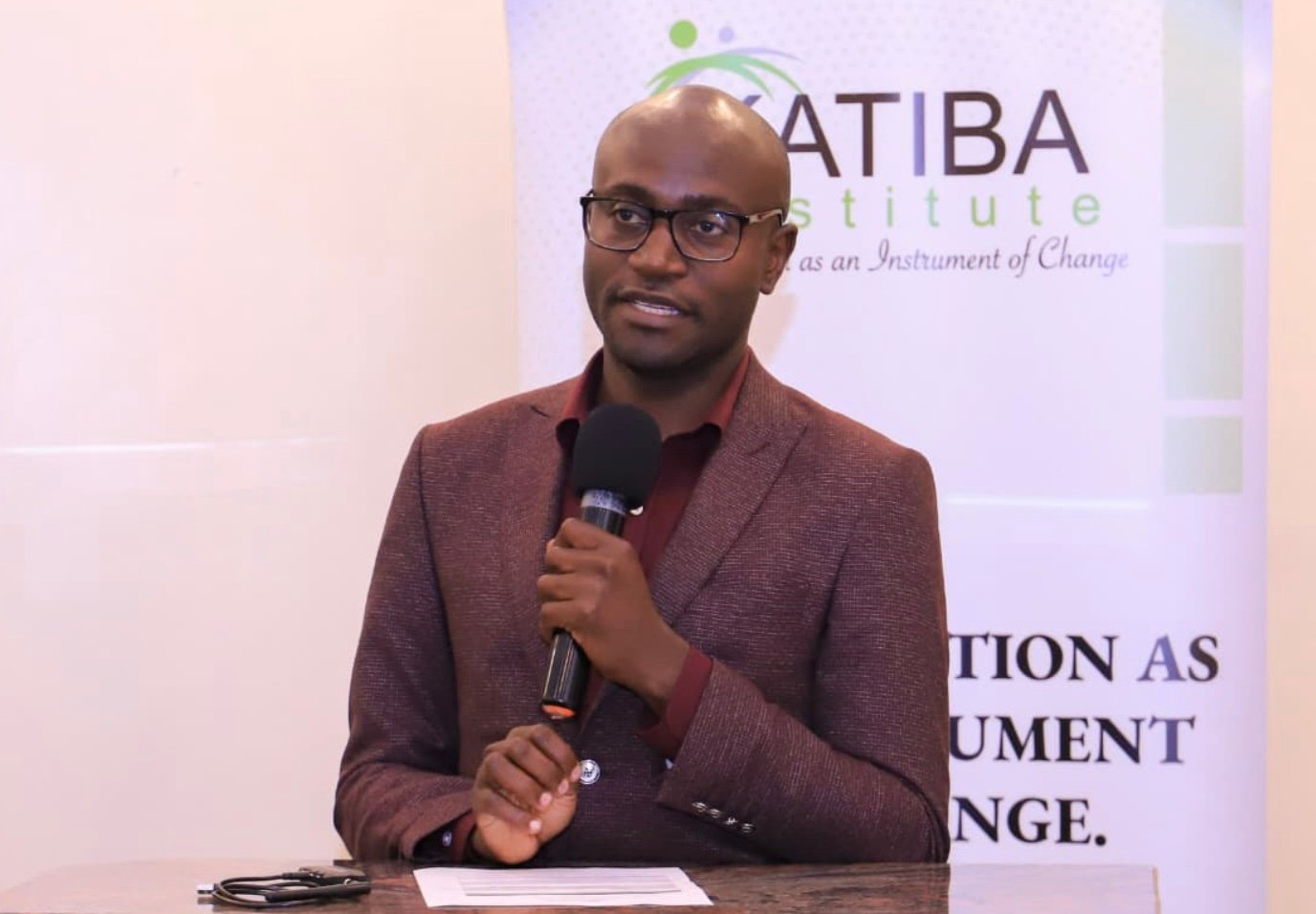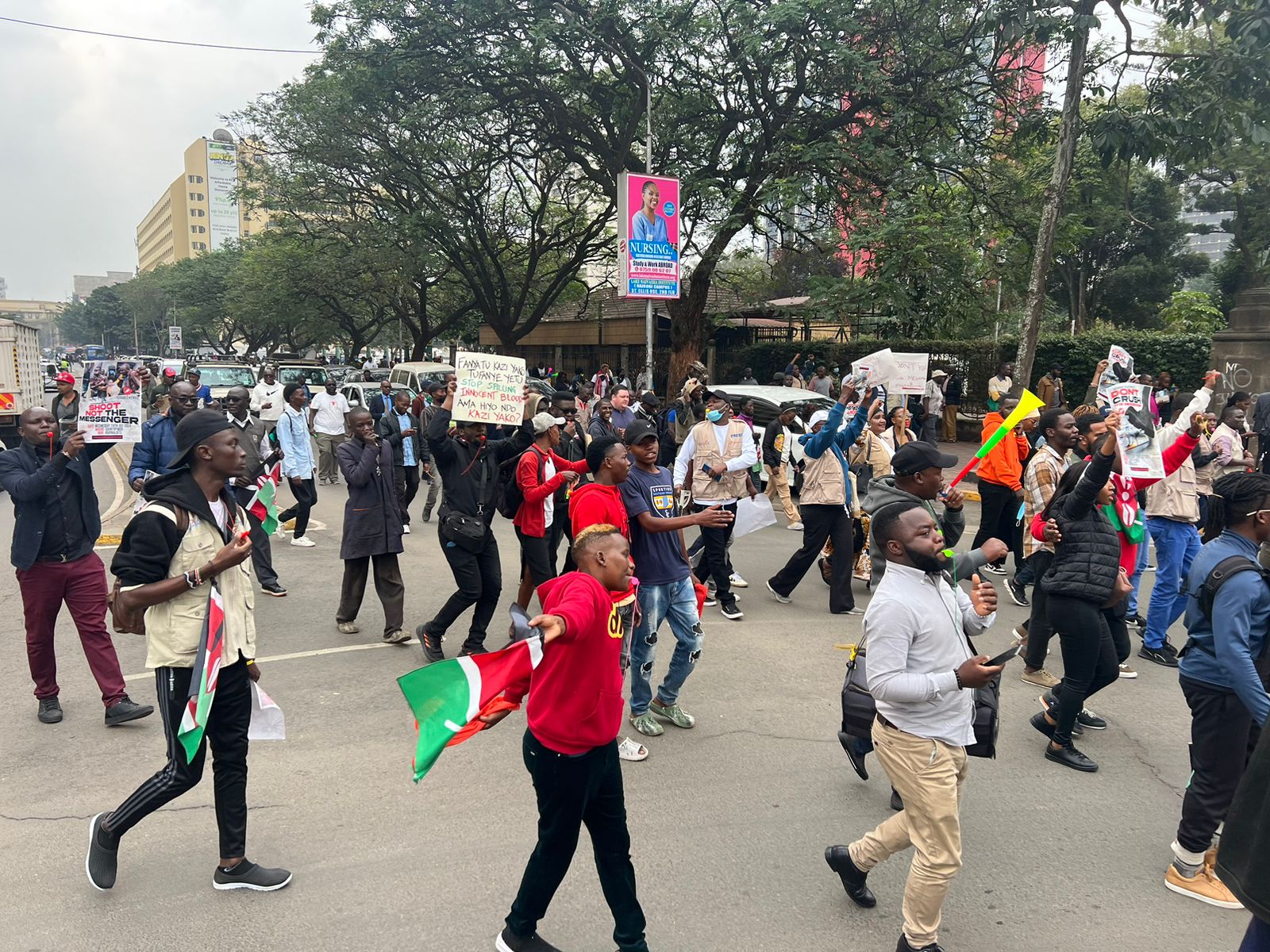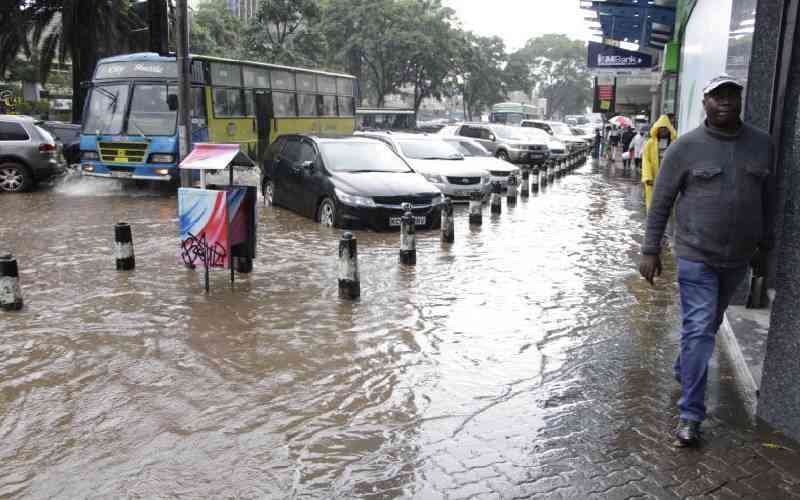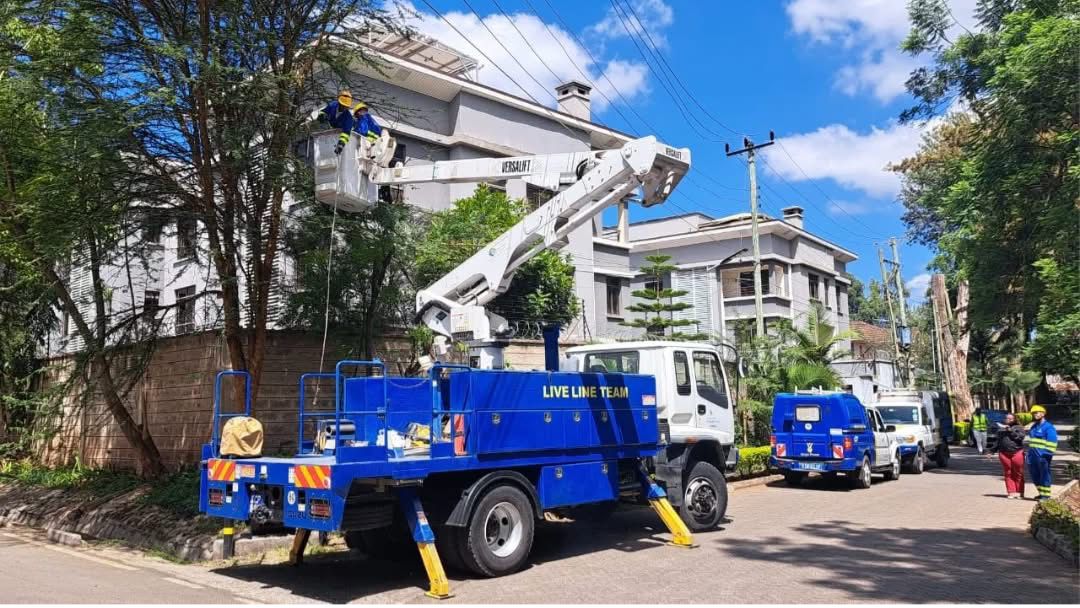
The Right to Know in Kenya: Progress, Challenges, and the Path Ahead
Sep 29, 2025 at 06:34 AM
By
Nairobi Leo

By Kevin Mabonga
Happy International Day for Universal Access to Information 2025!
“Everyone has the right to freedom of opinion and expression; this right includes freedom to hold opinions without interference and to seek, receive and impart information and ideas through any media and regardless of frontiers.” – Article 19, Universal Declaration of Human Rights (1948).
This provision affirms access to information as a foundation of human freedom and democracy. The right to information empowers citizens to participate in governance actively, make informed decisions, and hold governments accountable. Ensuring openness and transparency strengthens democratic governance and enhances trust between citizens and the State.
Recognising its significance, the 2015 UNESCO General Conference proclaimed September 28 as the International Day for Universal Access to Information (IDUAI). Each year, the day provides a platform for reflection and collective action on policies and frameworks that advance this right. The 2025 theme, “Ensuring Access to Environmental Information in the Digital Age,” highlights the urgent need to ensure that environmental data is available, accessible, and understandable. Access to such information is not only a democratic right but also a vital tool for sustainable development, environmental justice, and resilience.
Access to Information in Kenya
In Kenya, the right of access to information is established in Article 35 of the Constitution of Kenya, 2010. The Constitution guarantees citizens the right to access information held by the State and by other persons necessary for the protection of rights and fundamental freedoms.
The provision imposes two obligations on the State: active transparency, requiring proactive disclosure of information, and passive transparency, obligating the State to respond to information requests. While the right is fundamental, it is not absolute and may be limited by law.
To give effect to Article 35, Parliament enacted the Access to Information Act, 2016, which remains the primary legislation on this right. The Act promotes openness in public and private bodies, encourages proactive disclosure, protects whistle-blowers, and sets a framework for educating the public on their rights. Importantly, it also covers information critical to environmental governance, such as environmental impact assessments and pollution data, directly affecting communities' well-being.
Complementary legislation further strengthens the framework.
The County Governments Act, 2012, provides access to county-level information, including land use and natural resources. The Public Finance Management Act, 2012, enhances financial transparency by requiring the timely publication of budgetary reports, often tied to environmental and resource allocations. The Ethics and Anti-Corruption Commission Act, 2011, obligates the Commission to publish information relevant to accountability, including resource governance. The Public Archives and Documentation Service Act ensures that public records, including those related to environmental policies, are preserved and accessible.
The Role of the Courts
The courts have been instrumental in reinforcing and expanding the scope of the right to information. In Katiba Institute v President’s Delivery Unit & 3 Others [2017] eKLR, the High Court affirmed that the right extends to individuals and juristic persons such as organizations. Similarly, in John Harun Mwau v Linus Gitahi & 13 Others [2016] eKLR, the Court held that private persons and entities may be required to disclose information where necessary to protect fundamental rights. These precedents have significant implications for environmental transparency, as private actors, including developers, extractive companies, and industries, often hold data essential to safeguarding communities’ rights.

Global and Regional Frameworks
Kenya’s legal framework on access to information aligns with international and regional instruments that safeguard access to information. The International Covenant on Civil and Political Rights (ICCPR) guarantees the right to seek and receive information held by public bodies. The Convention on the Rights of the Child and the Convention on the Rights of Persons with Disabilities emphasise inclusive access to information. At the regional level, the African Charter on Human and Peoples’ Rights guarantees everyone the right to receive information.
This year’s theme resonates with broader global concerns. The UN Convention Against Corruption underscores transparency in natural resource management, while the African Union Convention on Preventing and Combating Corruption calls for access to information as a safeguard against corruption. Access to environmental information is also central to achieving the Sustainable Development Goals (SDGs), particularly those relating to climate action, clean water, and sustainable ecosystems.
Challenges in Implementation
Implementation remains problematic despite a strong constitutional, legislative, and judicial foundation. Many public entities remain reluctant to disclose information, treating transparency as optional. Citizen awareness of the right to information remains limited, particularly in rural and marginalised communities. Weak records management systems further delay or prevent timely disclosure. These challenges are acute regarding environmental data, which is often poorly digitised or not at all, inconsistently updated, or withheld from the public, despite its urgency.
Overcoming these challenges requires reforms in oversight, capacity, and public engagement. Independent oversight bodies should monitor compliance, enforce sanctions, and provide precise appeal mechanisms. Public officials need training to shift from secrecy to transparency, supported by proactive disclosure and stronger digital record systems. Citizens and civil society must also be empowered to access and analyse information, with data provided in accessible formats and local languages to ensure inclusion of vulnerable communities.
The right to access information lies at the heart of democratic governance, accountability, and sustainable development. Anchored in international human rights law and Kenya’s Constitution, it provides a foundation for transparency across all sectors. In the digital age, access to environmental information has become even more urgent, as communities grapple with climate change, resource scarcity, and ecological degradation. Ensuring such information is open, timely, and accessible is a legal duty and a moral imperative for building a just, inclusive, and resilient society.
Kevin Mabonga is the Communications & Public Liaison Manager at Katiba Institute
Nairobi Leo
Nairobi Leo is a digital native media house that specializes in content creation for online audiences. Nairobi Leo is one of the most popular digital publishers in Kenya.










